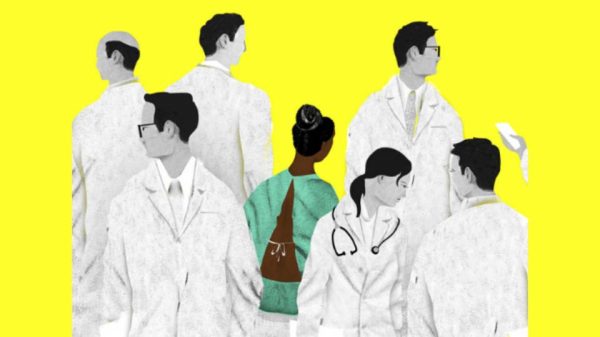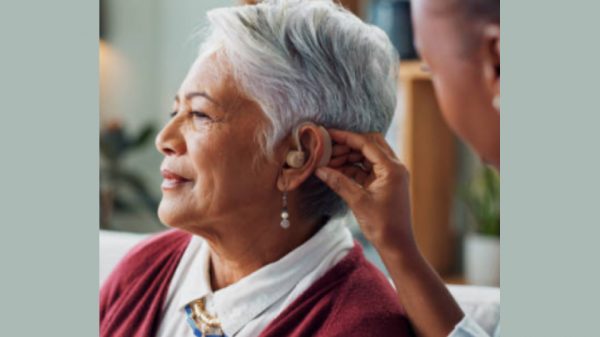Navigating the healthcare system should be a process built on trust and care—but for many people of colour in the UK, it often includes encountering subtle but harmful biases known as microaggressions.
These are everyday slights, assumptions, or questions that may not seem overtly racist, but stem from deep-rooted prejudices and can have real effects on diagnosis and treatment. Often, it’s hard to tell whether a comment is racially motivated or just thoughtless—but either way, the impact is felt.
“You people are tough—I’m sure you can handle this.”
One all-too-common experience for Black patients is the assumption that they have a higher pain threshold. The implication? That they don’t need the same level of pain relief or urgency in care. This stereotype often leads to under-medication and delayed or inadequate responses in emergency situations.
If you’re dealing with this, it’s crucial to have someone advocating for you—whether that’s a trusted family member or, ideally, a healthcare professional of colour who understands the significance of these biases and can support you in being heard.
Not offering pain relief unless you demand it multiple times
You’re clearly in pain, but the response you receive is: “Let’s just wait and see.” This kind of delay can lead to the worsening of a condition, especially when symptoms are urgent or escalating. The lack of urgency can be paired with subtle disbelief—suggesting you’re exaggerating or that it’s not “as bad as it seems.”
If you’ve had to push repeatedly for proper care, only to be met with indifference, and your health deteriorates as a result, it might be worth considering whether your case warrants action. In such situations, getting in touch withmedical negligence solicitors could help you explore your options.
“Where are you really from?” during an appointment
Being asked about your ethnicity in a medical appointment that has nothing to do with your background is alienating. It shifts the focus away from your care and turns the experience into one of “othering.” Even if it’s framed as curiosity, it reinforces the idea that you don’t belong—or aren’t fully part of the system.
This is more than a minor annoyance. As thisBBC article explains, persistent questioning based on racial assumptions can erode trust in public services and leave lasting emotional impacts.
Assuming behaviour based on race
In some cases, Black or South Asian patients are suspected of ulterior motives when expressing pain—such as seeking medication or being labelled as “aggressive” when advocating for themselves. These assumptions can lead to harmful consequences, including denial of necessary medication or documentation that misrepresents the patient’s conduct.
Keeping records of your interactions with healthcare providers—including times, names, and the nature of discussions—can be crucial, especially if your experience veers into negligence or results in poor health outcomes.
Dismissive language like “You’re just anxious” or “It’s probably in your head”
When legitimate symptoms are brushed aside as anxiety or overreaction, serious conditions can go undetected. This type of medical gaslighting disproportionately affects women and people of colour, delaying diagnoses for chronic illness, autoimmune disorders, or even cancer.
Microaggressions in healthcare are subtle, but their consequences can be serious. From under-treatment to emotional harm, these experiences undermine trust and delay essential care. If you’ve experienced racial bias or negligence within the healthcare system, know that you’re not alone—and there are resources and professionals ready to stand with you and fight for better treatment.

































































